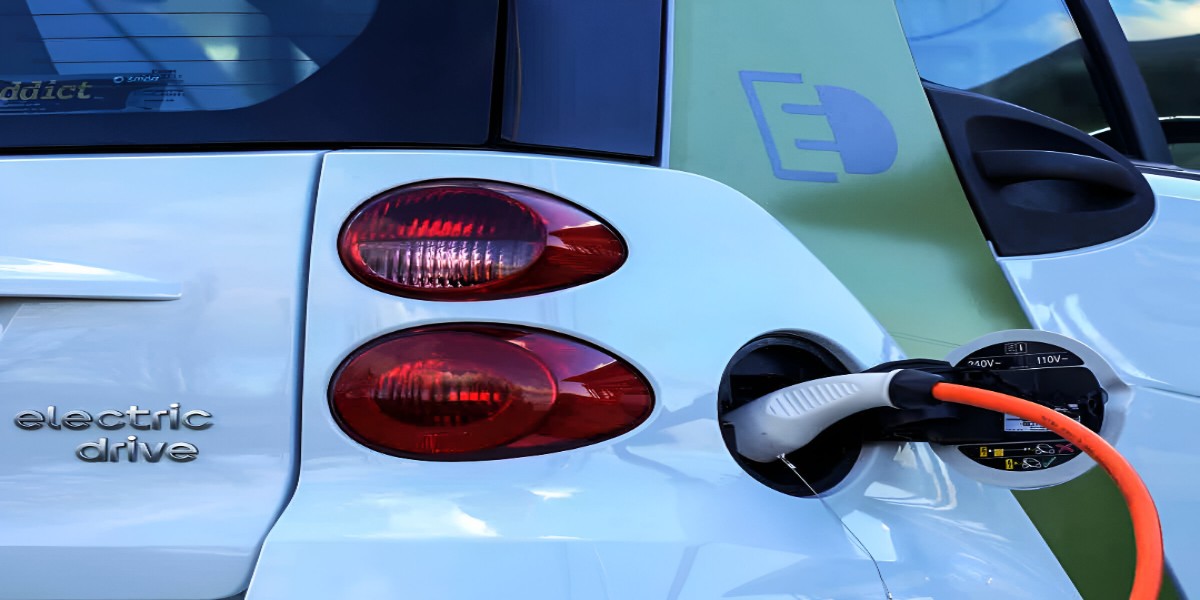With rising concerns over global warming, individuals and governments all around the world are becoming conscious of their carbon footprints. Internal Combustion vehicles are one of the biggest contributors to pollution, and according to the Environmental Protection Agency, a car emits about 4.6 metric tons of carbon dioxide per year. The need for an alternative to the traditional fossil fuel car has never been more fundamental to the progress of our planet. One such promising alternative that is being heavily spoken about is the electric vehicle. It has the potential to result in a green transportation system, as electric vehicles require just electricity to run.

From the point of view of sustainability, an electric car has no tailpipe emission of Chlorofluorocarbons (CFCs), safeguarding us from air pollution that may cause respiratory diseases along with global warming. Using electricity is a much more sustainable method, as the requirement of fossil fuel for a really large sector gets eliminated. Additionally, as electric vehicles lack several regular car parts, when disposed of, electric vehicles cause relatively less pollution, and oil leak contamination is eliminated. With the presence of green transportation, other industries too will be motivated to take sustainable steps, as using renewable energies for daily activities will not seem so unattainable anymore.
Electric vehicles have several other benefits. The most obvious of which is that fuel costs surpass the costs of electricity by a huge margin, resulting in long-term savings. Structurally, the vehicle lacks a combustion engine, as it does not run on fuel and hence, makes no noise, assisting in the reduction of noise pollution and providing a better driving experience. They are also deemed safer due to the lack of flammable material present, which will result in fewer fire-related accidents. Furthermore, some electric vehicles may also have a low center of gravity, depending on where the batteries are placed and the size of the engine, making them less likely to flip over. Due to the lack of integral moving car parts, electric vehicles are also relatively low maintenance, as no oil changes or new fuel filters are required.
A common issue for the sustainability of electric vehicles is that the point source—the electric grid—may use coal to generate the energy, hence, still releasing emissions into the atmosphere. To eliminate this issue, charging stations must be installed with solar panels instead of being connected to an electric grid to provide cleaner energy. Batteries are another highlighted issue, as lithium mining causes land degradation and severe water pollution, harming ecosystems. With the increase in electric cars, the demand for lithium will rise, causing a negative impact on the environment. To reduce the impact of this, lithium mining could be heavily regulated, and environmental regulation could be put in place. Batteries used in these vehicles could also be recycled constantly.
While several challenges persist in the future success of electric vehicles, in order to increase the popularity and convenience of this technology, governments must undertake certain steps. Building infrastructure is key to the success of electric vehicles. Charging stations must be available at convenient locations all over cities and highways. Governments must also invest in clean energy sources and build clean grids to ensure low emissions. Incentives such as discounted taxes upon purchase of electric vehicles could be used to motivate citizens to buy these vehicles.
© 2026 RA Global Tech Solutions
Site design and developed by Rajkar Global